Like Bethesda's Oblivion Remastered, it looks like we're getting another shadow drop this month, this time from AMD. Pre-orders for the Radeon RX 9070 GRE are now live at major e-commerce retailers in China, with deliveries expected to begin on May 8. Adding the 'officially confirmed' stamp to this news, the product page for the RX 9070 GRE has gone live on AMD's website, detailing all the specifications.
The RX 9070 GRE has been generating buzz in the news since early April. Consistent with AMD's past GRE releases, it was almost confirmed that the RX 9070 GRE would be region locked to China, at least initially. While the RX 7900 GRE set a precedent for later global launches, that was largely to rival Nvidia's RTX 4070 Super. The RX 9070 GRE sits between the RX 9070 and the yet-to-launch RX 9060 XT. That's what we would naturally assume; however, a price almost identical to the faster RX 9070 hints AMD might be replacing the latter with the GRE, at least in China.
In terms of specifications, the RX 9070 GRE wields 48 Compute Units, for a total of 3,072 Stream Processors, 25% fewer than the RX 9070 XT. It likely sticks to the same Navi 48 core as seen in the RX 9070 series, along with a 192-bit interface for 12GB of 18 Gbps GDDR6 VRAM. The boost clocks are up there at 2.79 GHz, right between the RX 9070 and RX 9070 XT. The GPU has a 220W TGP, matching RX 9070, and AMD recommends a 650W PSU for it. Most models should be powered by 2x 8-pin connectors, and some AIBs might even carry over existing RX 9070 board designs due to the similar power specifications.
Swipe to scroll horizontally
Architecture | RDNA 4 | RDNA 4 | RDNA 4 | RDNA 3 |
Compute Units (CUs) | 48 | 56 | 64 | 80 |
Stream Processors | 3,072 | 3,584 | 4,096 | 5,120 |
Game Clock | 2.22 GHz | 2.07 GHz | 2.40 GHz | 1.29 GHz |
Boost Clock | 2.79 GHz | 2.52 GHz | 2.97 GHz | 2.25 GHz |
Memory | 12GB GDDR6 | 16GB GDDR6 | 16GB GDDR6 | 16GB GDDR6 |
Memory Bus | 192-bit | 256-bit | 256-bit | 256-bit |
Memory Speed | 18 Gbps | 20 Gbps | 20 Gbps | 18 Gbps |
Memory Bandwidth | 432 GB/s | 640 GB/s | 640 GB/s | 576 GB/s |
TDP (approx.) | 220W | 220W | 304W | 260W |
Power Connectors | 2x 8-pin | 2x 8-pin | 2x/3x 8-pin | 2x 8-pin |
Interface | PCIe 5.0 x16 | PCIe 5.0 x16 | PCIe 5.0 x16 | PCIe 4.0 x16 |
Launch Price (China) | 4,199 RMB ($575) | 4,499 RMB ($600) / $549 Global | 4,999 RMB ($685) / $599 USD (Global) | 5,299 RMB ($700) at launch in China / $549 USD (Global) |
The slower GDDR6 modules and narrower 192-bit interface chop the memory bandwidth by 32.5% compared to the rest of the lineup. Depending on how RDNA 4 scales with bandwidth, this might slightly impact performance. As seen before, there's a decent chance you can extract some gains by overclocking the memory, but let's wait for official tests.
AMD, through its first-party metrics, is claiming 6% better performance than the RX 7900 GRE on average across a set of 30 games at 1440p Ultra. That's a lot better than what we initially predicted, and underlines RDNA 4's per Compute Unit improvements in rasterization. But we'll need to see third-party/independent reviews before jumping to conclusions.
AIBs are commanding anywhere between 4,199 RMB ($575) to 4,499 RMB ($620), so we'll assume the former as AMD's recommended MSRP. Without China's general 13% VAT, the price comes down to roughly $500. While this might seem high at first glance, the RX 7900 GRE also launched at 5,299 RMB ($700) in China, followed later by a $549 global release.
It's possible that either the GRE is replacing the standard RX 9070 in China, or local prices for the GRE will drop gradually. Only time will tell, but we're currently awaiting reviews from Chinese enthusiasts and hoping a handful of these cards slip onto U.S. shores.
Follow Tom's Hardware on Google News to get our up-to-date news, analysis, and reviews in your feeds. Make sure to click the Follow button.

 7 months ago
109
7 months ago
109
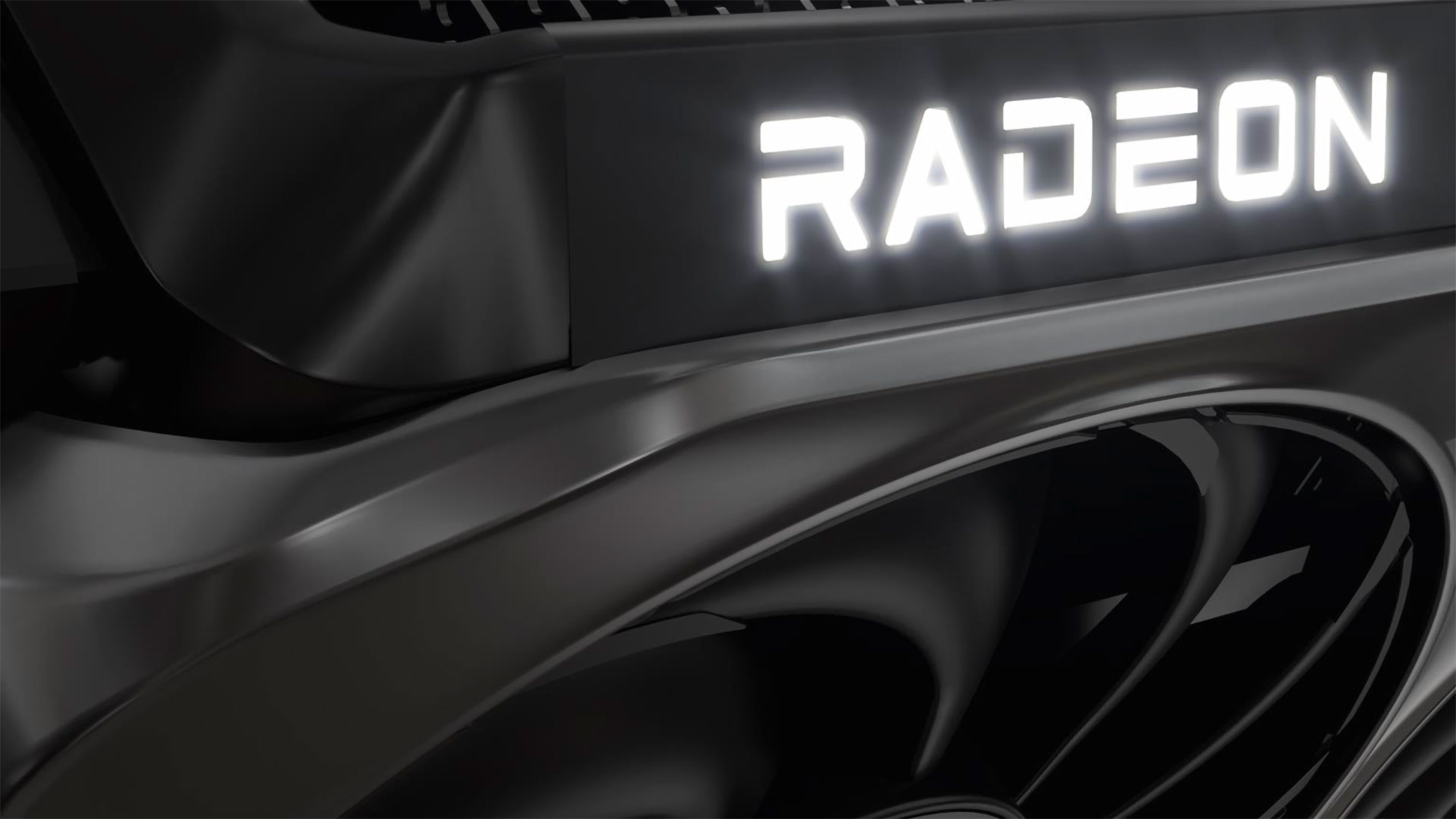
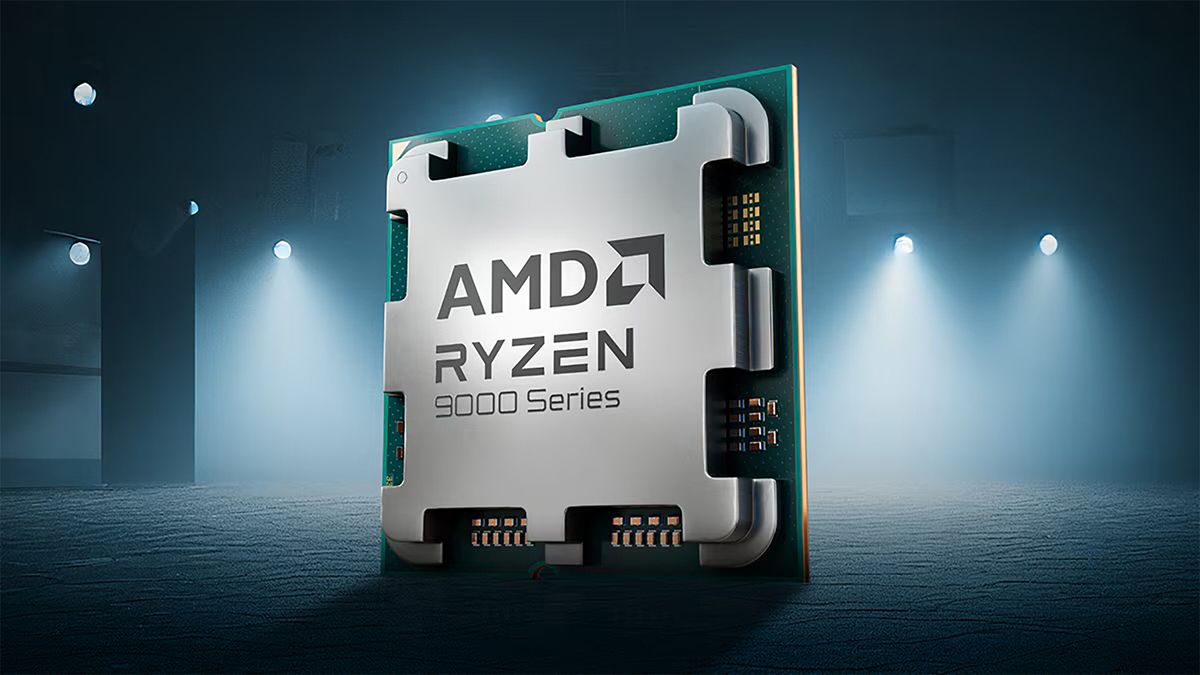
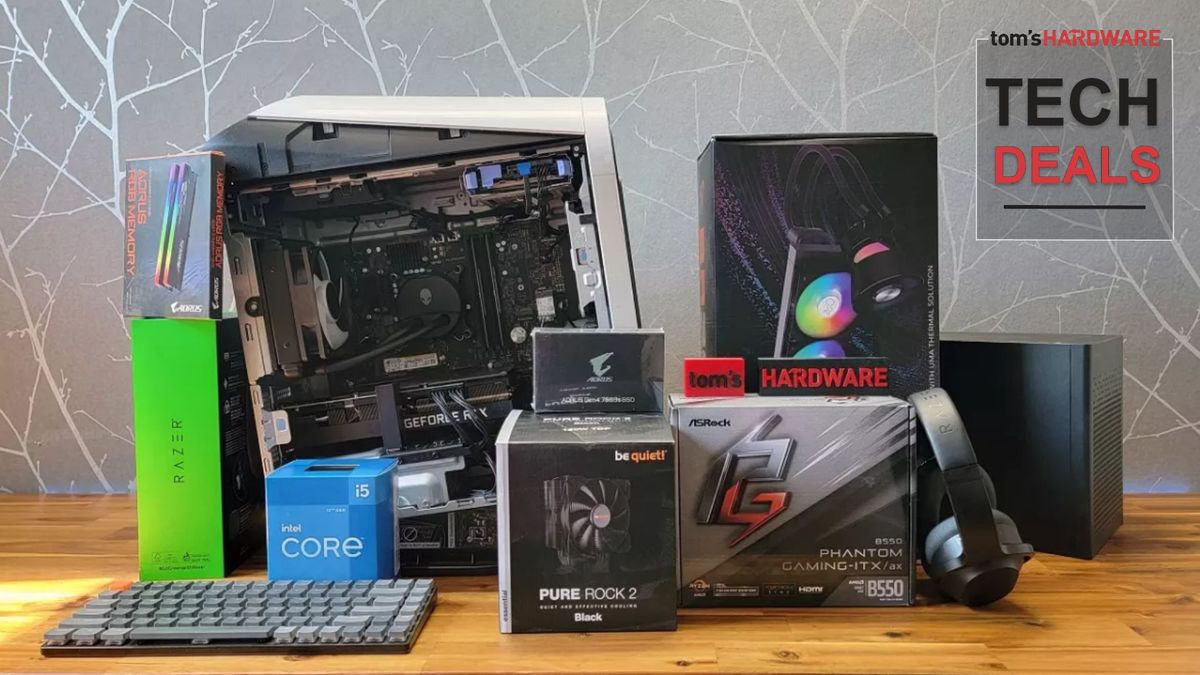
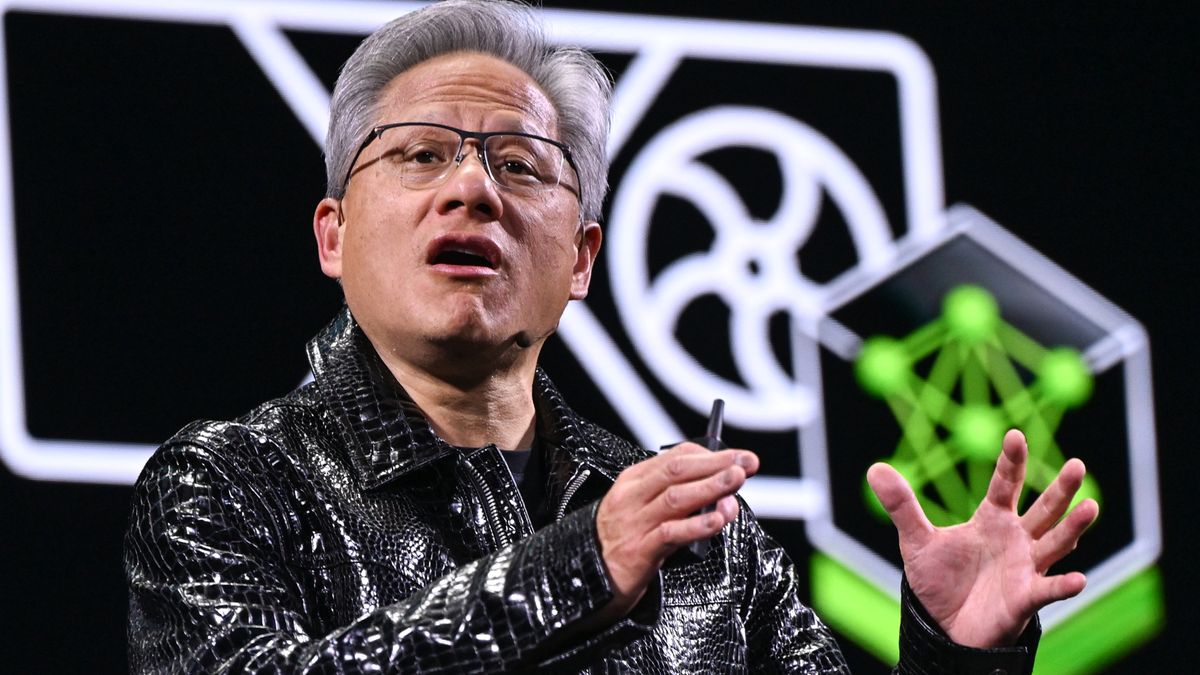
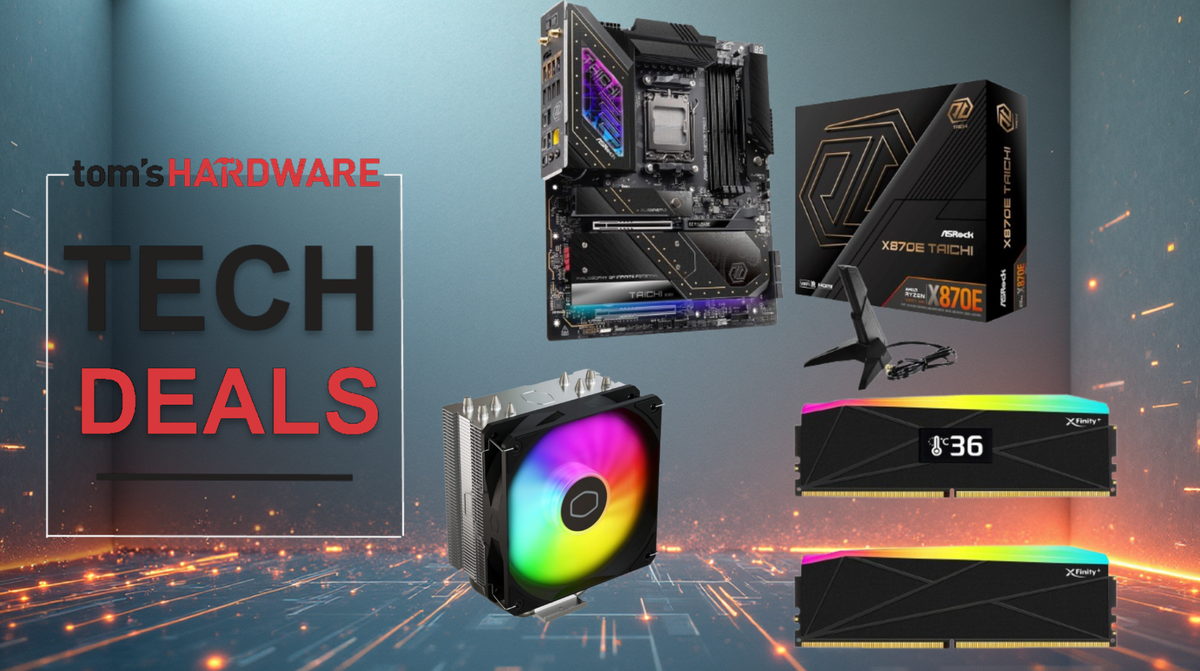





 English (US) ·
English (US) ·